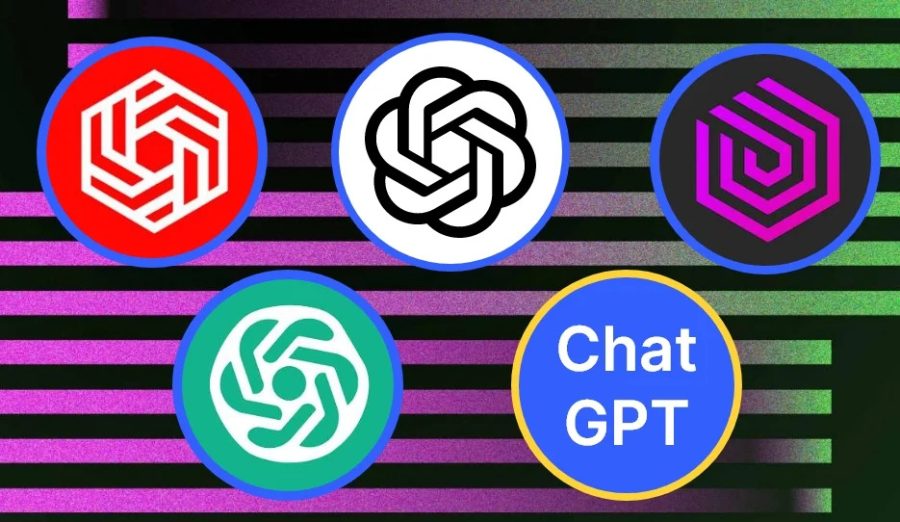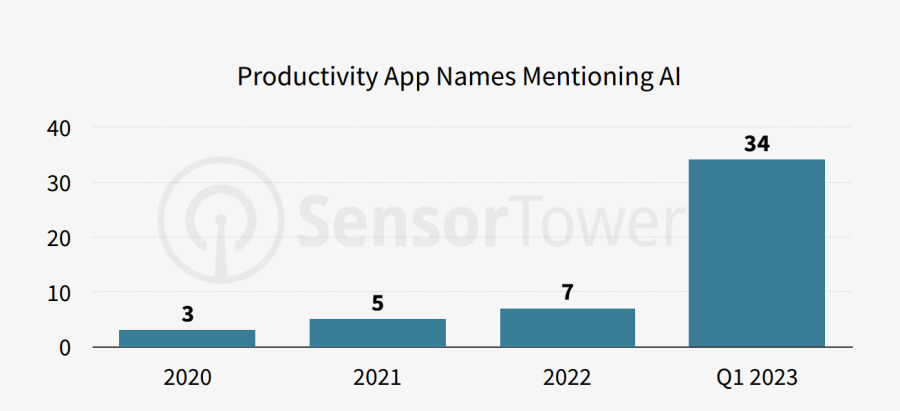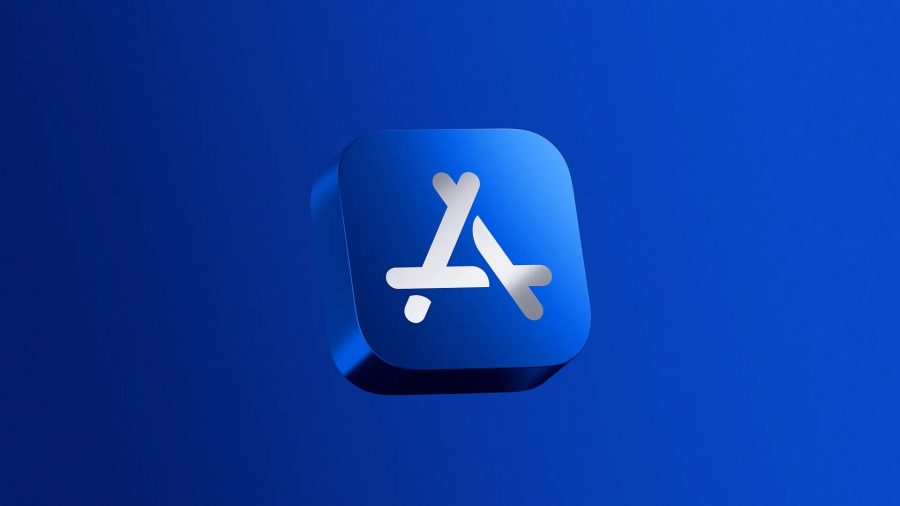Apple has declared the creation of an impersonating app a violation of the App Store guidelines that could result in the removal from the developer program as a move to combat clones and duplicate apps.
Impersonating Apps Violate App Store Guidelines
Whereas the world has its eyes on the ongoing Worldwide Developers Conference (WWDC), Apple has been working on the side to tighten its App Store guidelines.
In a review of the guidelines, Apple stated:
“Submitting apps which impersonate other apps or services is considered a violation of the Developer Code of Conduct and may result in removal from the Apple Developer Program.”
The reviewed guidelines stated that developers were not allowed to use a name that is too similar to another well-known app or imitate the app’s code or user interface.
”Come up with your own ideas. We know you have them, so make yours come to life. Don’t simply copy the latest popular app on the App Store, or make some minor changes to another app’s name or UI and pass it off as your own.”
Apple also warned that if an app was not “useful, unique, or “app-like,” or if it does not provide some sort of lasting entertainment value or adequate utility, it could be rejected from listing on the App Store.
The guidelines provided a lot of information and requirements pertaining to the safety, performance, and design of apps. It also provided directives concerning business and legal issues for apps looking to be added to the store.
The Rise of App Clones

The App Store and Google Play Store have all experienced a surge in the number of apps being listed on the platforms, most of them being versions and clones of ChatGPT which are listed under the productivity category for the help they offer for tasks to users.
According to statistics on mobile apps by SensorTower, the number of apps with names that include the term “AI” have seen substantial growth, rising from only 3 in 2020 to 34 in the first quarter of 2023 and even more as the year progresses.

Notably, most of these clones use GPT-3, which is a less sophisticated version of ChatGPT, through the API that OpenAI made available to the public.
While most of them have been developed just to make a profit off of downloads and premium features, some of these clones are being used to facilitate scams. Cyber security experts at Cyble have already discovered 50 different apps on Google Store that imitate ChatGPT in order to spread fraud through phishing.
Most of these clones were being developed due to the lack of a mobile version of the powerful chatbot. However, the recent launch of the ChatGPT app for iOS along with the new more stringent guidelines are expected to curtail the creation of more duplicates.
The appetite for ChatGPT on mobile is absolutely
unreal.14 of the top 100 apps on the app store’s productivity
charts are ChatGPT clones or knock-offs.OpenAl’s new official app is about to overtake them all
+ OUTPERFORM its own web counterpart. pic.twitter.com/10Unxvgy2l— Faris Kojok (@fariskojok) May 20, 2023
This is not the first time Apple and Google have had to fight with clones. In 2014, clones of a game named Flappy Bird emerged after the game was pulled out of the app stores by the owner. Google and App Store have also had to deal with replicas of essentially every single app that has even been popular including Wordle, Unpacking, and Threes.
Even though the new regulation focuses on apps that mimic the design and name of existing apps, how Apple will implement these regulations remains unclear. For instance, last year AppLovin bought the previous mobile game Wordle!, which was unrelated to the Wordle that The New York Times now owns.
In such a case, a game may be mistaken for a copy of another by app reviewers. Despite the fact that these apps are well-known, Apple will need to carefully scrutinize other apps with names that are similar to prevent unintentional removals.
Related Articles:
- 44% of US Internet Users Search and Browse App Stores to Discover New Apps
- a16z-Backed Chatbot Character.AI Hits 1.7M Downloads in Week 1, Crushing ChatGPT App’s 1st Week
- Coders Built a ChatGPT Minecraft Bot With ChatGPT
What's the Best Crypto to Buy Now?
- B2C Listed the Top Rated Cryptocurrencies for 2023
- Get Early Access to Presales & Private Sales
- KYC Verified & Audited, Public Teams
- Most Voted for Tokens on CoinSniper
- Upcoming Listings on Exchanges, NFT Drops
